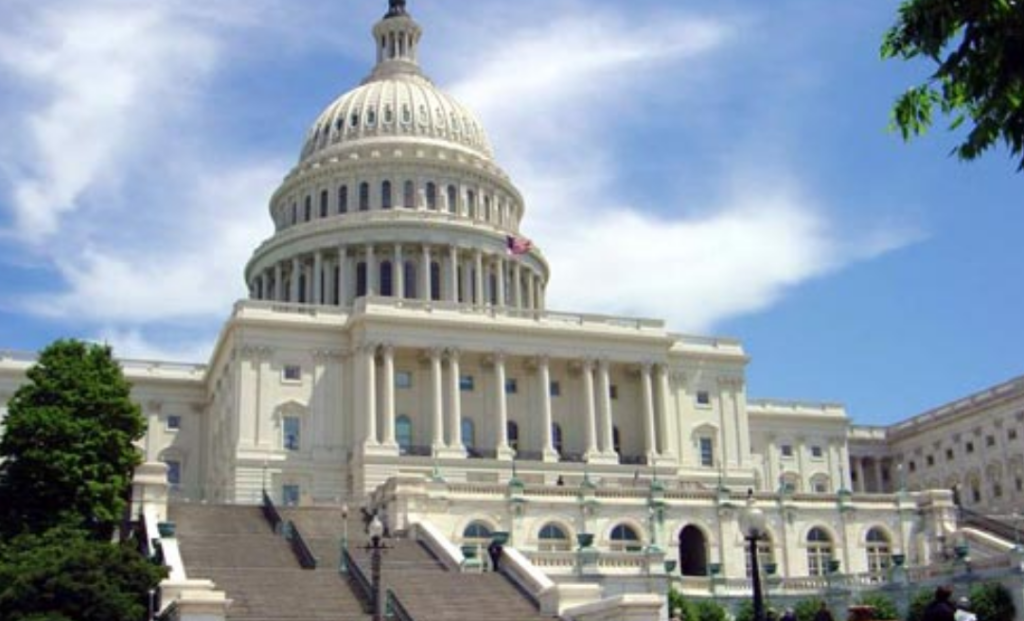Auto Dealers Support White House, Congressional Decision to Scrap Border Tax
America’s 9,600 international nameplate automobile dealers received good news today from the so-called “Big Six” – a group of lawmakers and administration officials working together to establish a road map for tax reform – who have officially abandoned a potential border adjustment tax (BAT).
Here’s what happened: House Speaker Paul Ryan (R-Wis.), Senate Majority Leader Mitch McConnell (R-Ky.), House Ways and Means Committee Chairman Kevin Brady (R-Texas), Senate Finance Committee Chairman Orrin Hatch (R-Utah), Treasury Secretary Steven Mnuchin, and White House National Economic Council Director Gary Cohn jointly released a statement of principles recently reaffirming their commitment to passing substantive tax reform for all Americans while rejecting the border adjustment tax (BAT) proposal that would have added a 20 percent tax on all goods and services imported into the United States.
“The framework released today by Congress and the Trump administration places the tax reform train squarely back on its tracks,” said AIADA President Cody Lusk. “The border adjustment tax would have driven up costs on everyday goods and put Americans out of work. Now that it’s off the table, and the business community is no longer divided by this issue, we can now get back to work on supporting this important legislation.”
The American International Automobile Dealers Association (AIADA), whose members employ 577,000 Americans and accounted for 59 percent of all U.S. retail vehicle sales last year, would have been uniquely impact by a BAT.
The group noted that because no vehicles are made with 100 percent American-made parts, the BAT would have added an average of $2,000 to the cost of all new cars sold in the United States, regardless of their origin.
A 2017 study by the Center for Automotive Research (CAR) estimates that U.S. light vehicle sales would immediately fall by 5.6 percent following implementation of a border adjustment tax, resulting in a $34.6 billion overall cost to U.S. consumers.
Category: General Update, Management











